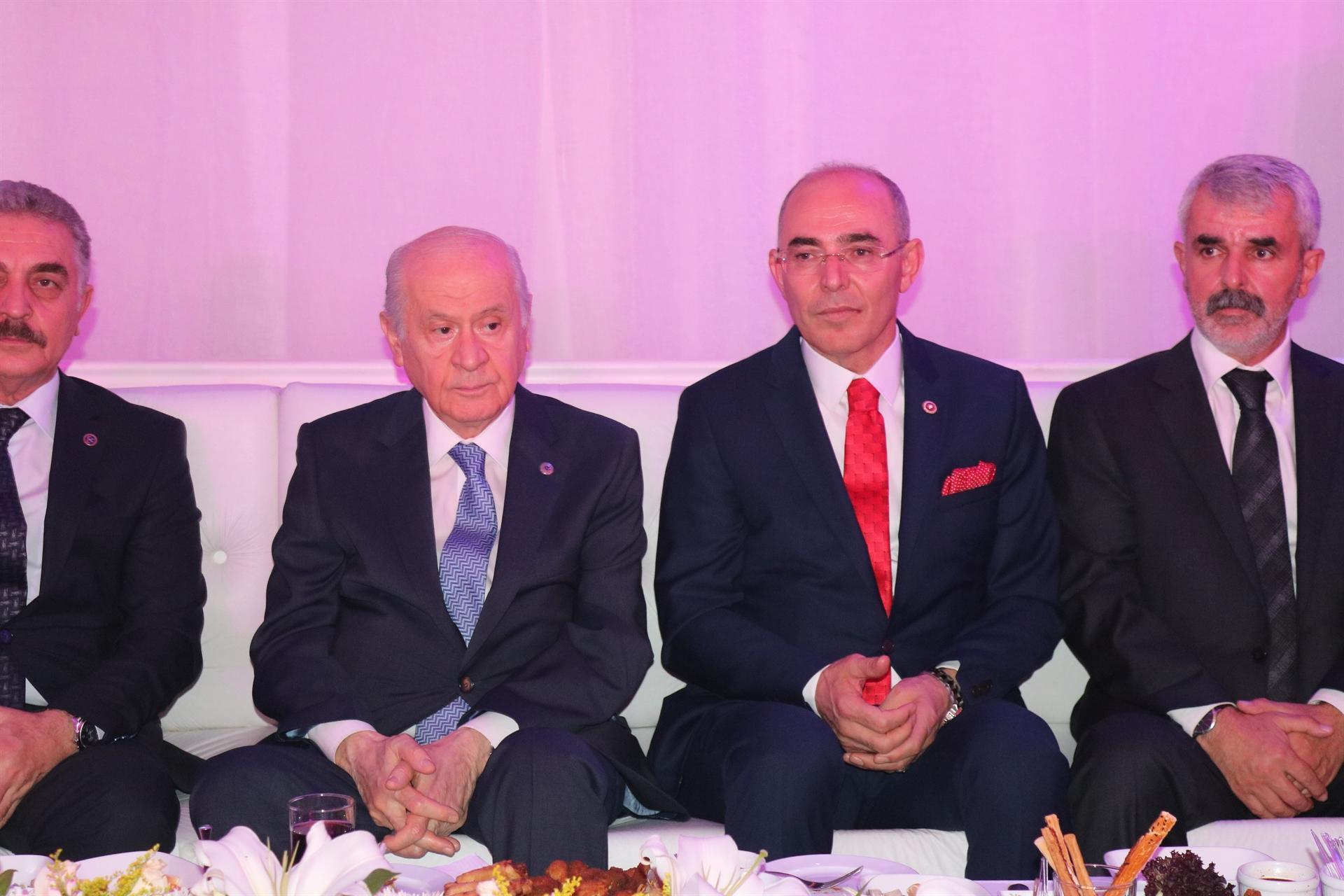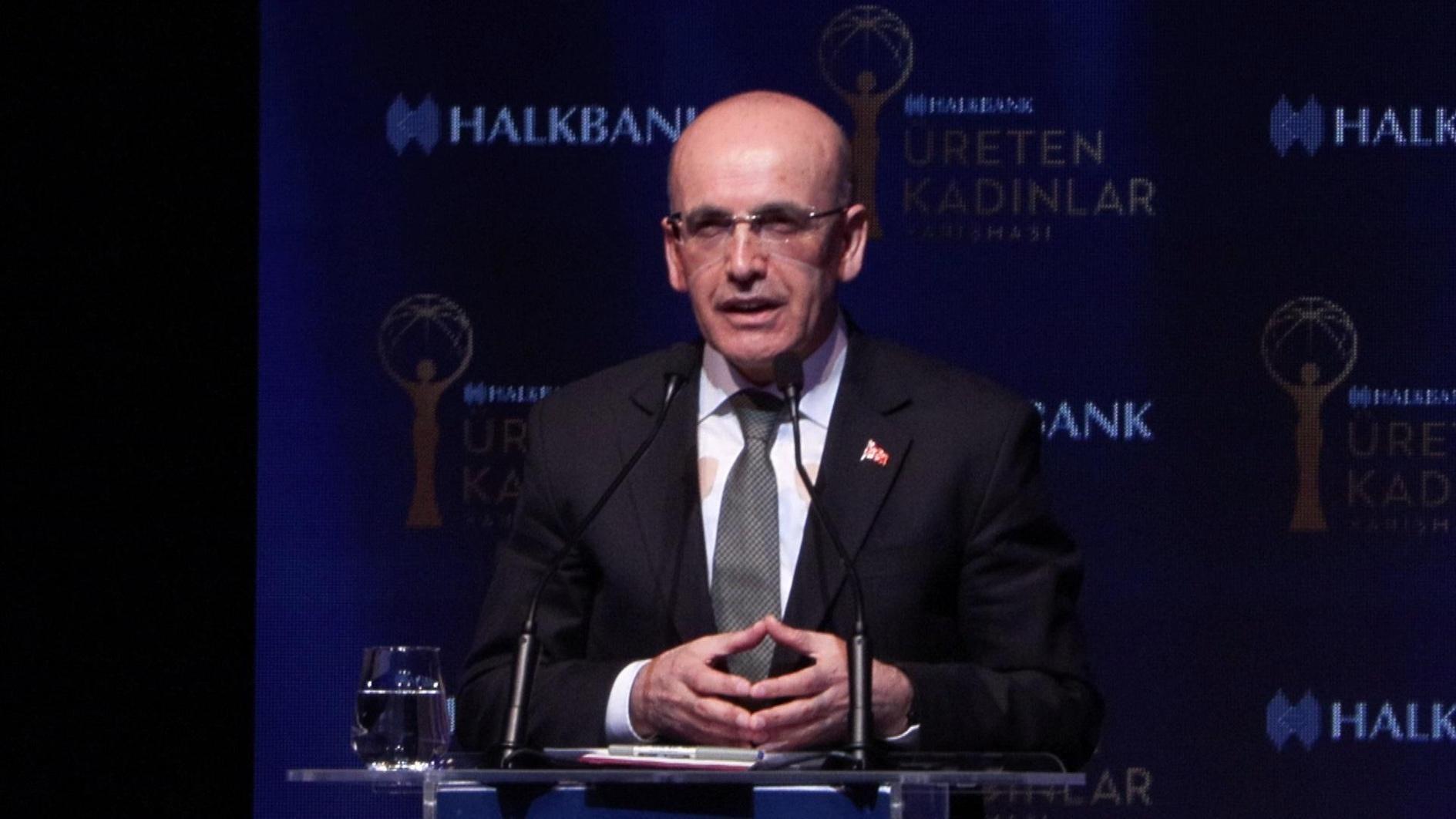Turkey's AKP, MHP in spat over amnesty discordance
ANKARA

The Nationalist Movement Party (MHP) and the ruling Justice and Development Party (MHP) have come to the point of a war of words over the former’s proposal of general amnesty for prisoners.
MHP leader Devlet Bahçeli expressed his disappointment on President Recep Tayyip Erdoğan’s recent remarks on the issue of amnesty and said the “spirit of alliance required irrefutable and undeniable responsibilities.”
Bahçeli recalled Erdoğan’s remarks on the issue and said the president had aimed his criticism at the MHP.
“It is inappropriate to bring our party under suspicion. If superficially siding the MHP with drugs and drug crimes is not a malicious intention per chance, then it is an inappropriate and disreputable complaint,” Bahçeli posted on his Twitter account on Oct. 22.
The MHP is the party that has made the most effort and sacrifices in the fight against narcotics, he added.
Bahçeli referred to the subversion and distortion of the MHP’s proposal to association with drugs as “unnecessary demagogy.” If the ruling Justice and Development Party (AKP) lawmakers do not favor the MHP’s proposal for an amnesty, then they can veto it at the parliament committee, he said.
“Political kindness, along with the spirit and stance of alliance brings refutable and undeniable responsibilities to its interlocutors,” said Bahçeli.
“We will not be remembered as a government that will pardon drug dealers at a time when there are over 50,000 drug criminals in prisons,” Erdoğan said on Oct. 21.
If the president aimed to address the MHP during his speech in which he cited drug trafficking and amnesty, then he would directly mention the MHP and Bahçeli, said AKP spokesperson Ömer Çelik.
The MHP leader’s words posted on his Twitter account about Erdoğan are “wrongful,” said Çelik, noting that the president’s “political foresight is very well known,” he said, recalling the case of the assassinated Saudi journalist in Istanbul.
“Mr. Bahçeli’s wording is not an approach in line with political kindness and the assumption of responsibility,” he said.
“As the AKP community, we clearly declare that we do not accept these,” Çelik added.
Respect to the present is a “red line” of the AKP, the spokesperson said. The alliance between the MHP and AKP does not require full compliance on every issue, he said, adding that whenever they do not agree, it does not mean a failure for the alliance. The two parties declared an alliance for the June 24 elections.
According to the MHP law proposal, except for some crimes, a five-year conditional reduction will be imposed on sentences in exception to some crimes, including drug-related crimes. Approximately 163,000 people are expected to be released if the MHP’s amnesty offer is adopted by the parliament.
The MHP submitted a draft bill on Sept. 24 seeking amnesty for some prisoners to the parliament with party officials, saying a total of 162,989 prisoners would “benefit” from the amnesty. Crimes committed before May 19 will be subject to a one-off five-year conditional reduced sentences, according to the bill, which will exclude crimes committed against the state, terrorism, sexual abuse and murder will be excluded from the bill.
The MHP has long called for granting pardons for some prisoners, mounting its calls and vowing to bring it to the country’s agenda during election campaigns ahead of the June polls, which it entered in an alliance with the ruling Justice and Development Party (AKP). However, at the time, the AKP had said it did not have the issue on its agenda.
Recently, the two parties have fallen apart on the issue of a decision by Turkey’s Council of State that reinstated the student oath in schools. The AKP, which initiated the ban, was critical of the court decision when Bahçeli expressed discomfort over the ruling party’s stance on the issue.
















